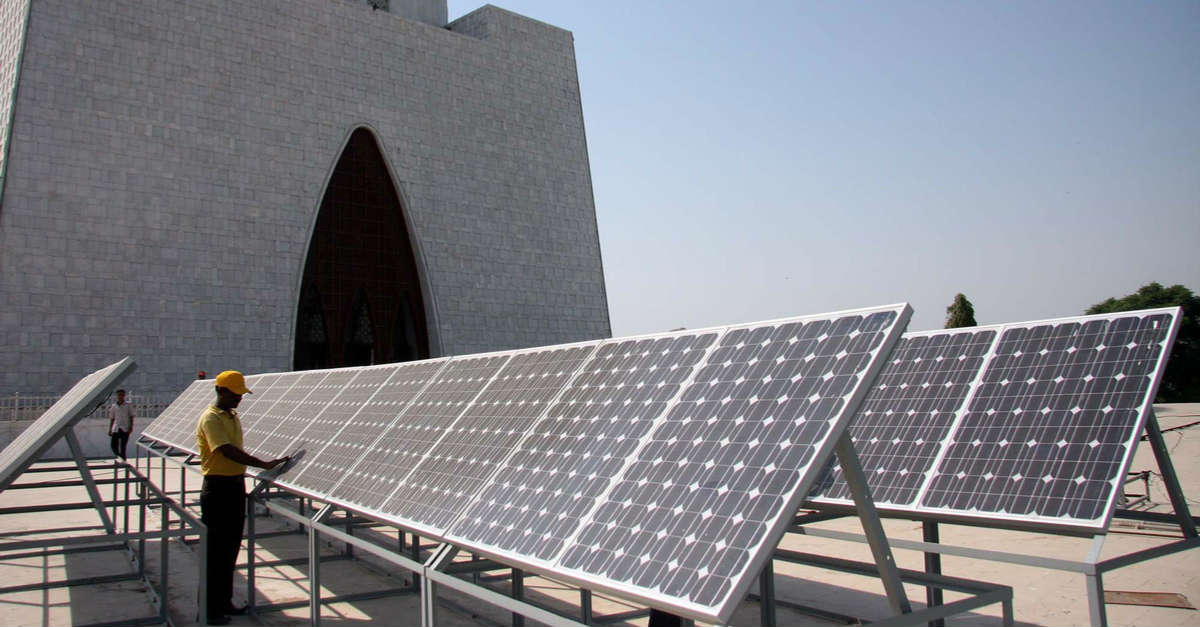The recent increase in fuel prices across Pakistan has become a cause of great concern for citizens, whether they belong to the poor or elite segments of society. Not only has it led to an increase in the cost of living, but it has also had a significant impact on the country’s economy. To comprehend the gravity of the situation, it is essential to examine the reasons behind the fuel price hike and explore potential solutions to mitigate its adverse effects.
Causes of the Fuel Price Hike
The primary reason behind the fuel price hike in Pakistan is the rise in international oil prices. As Pakistan heavily relies on imported crude oil, the fluctuation in global oil prices directly impacts the local fuel prices. Between 2021 and 2023, the global oil prices witnessed a substantial surge, with Brent crude oil prices reaching over $80 per barrel, the highest in three years. This surge in oil prices has had a significant impact on Pakistan, which imports more than 80% of its oil requirements.
Moreover, the devaluation of the Pakistani Rupee against the US dollar further compounds the problem, as it increases the cost of purchasing foreign currency to pay for these oil imports. In 2022, the Pakistani Rupee depreciated by around 12% against the US dollar, making the country’s oil import bill more expensive.
Impact on the Economy
The economic impact of the fuel price hike is far-reaching and multi-faceted. One of the significant consequences is the increase in the cost of production for businesses across various sectors. According to the Pakistan Bureau of Statistics, the production cost for manufacturers increased by 10.6% year-on-year in 2022, mainly due to the surge in fuel prices. As businesses face higher operational costs, they often pass on the burden to consumers in the form of increased prices for goods and services.
This, in turn, reduces consumers’ disposable incomes, leading to a decrease in overall consumer spending and demand for goods and services. The decrease in consumer spending has affected various industries, including the automobile sector, where car sales dropped by 20%.
Furthermore, the fuel price hike also affects transportation costs, impacting the logistics and distribution of goods, leading to inflationary pressures. The rising inflation, coupled with reduced consumer spending, can hinder economic growth and lead to further economic decline. Pakistan’s inflation rate surged to 11.1%, the highest rate in more than a decade, primarily driven by the increase in fuel prices.
Government Measures to Address the Issue
The government of Pakistan has proposed several measures to counteract the effects of the fuel price hike. These include providing subsidies on fuel, adjusting taxes, and reducing import duties on fuel. However, these measures may offer short-term relief, but they are unlikely to be effective in the long run.
The Role of Alternative Energy Sources
To ensure the stability of the economy and reduce the country’s dependence on imported fuel, Pakistan must focus on increasing the availability and usage of alternative energy sources. Embracing renewable energy options, such as solar power, geothermal energy, hydro-power, ocean energy, bioenergy, and wind power, can help diversify the energy mix and reduce reliance on petroleum.
According to the Alternative Energy Development Board, Pakistan has significant potential for renewable energy generation, especially in solar and wind power. However, more investment and policy support are needed to harness these resources effectively.
Energy Efficiency and Green Investments
In addition to promoting renewable energy, the government should concentrate on improving energy efficiency in production and transportation systems. Implementing energy-efficient technologies and practices can reduce energy consumption and costs.

Moreover, encouraging green finance and investments can attract private capital to support sustainable and eco-friendly projects. By prioritizing green investments, Pakistan can transition towards a more sustainable energy landscape while mitigating the impact of fuel price fluctuations.
The recent fuel price hike in Pakistan has had a significant impact on the country’s economy and citizens. While short-term measures, such as subsidies and tax adjustments, may provide temporary relief, they are not a sustainable solution. The government must focus on reducing the overall demand for fuel by promoting alternative energy sources and energy-efficient practices.
By embracing renewable energy and green investments, Pakistan can reduce its dependence on imported fuel, improve energy security, and pave the way for a more sustainable and economically stable future. It is time for the government to prioritize long-term solutions that will benefit both the economy and the environment, ensuring a brighter and more prosperous future for all citizens.
Stay tuned to Brandsynario for the latest news and updates.
































